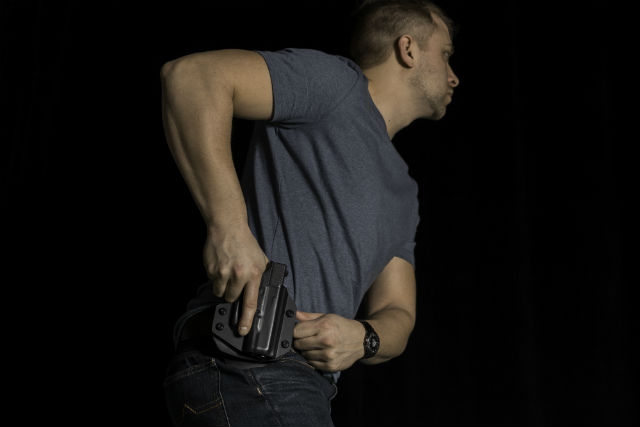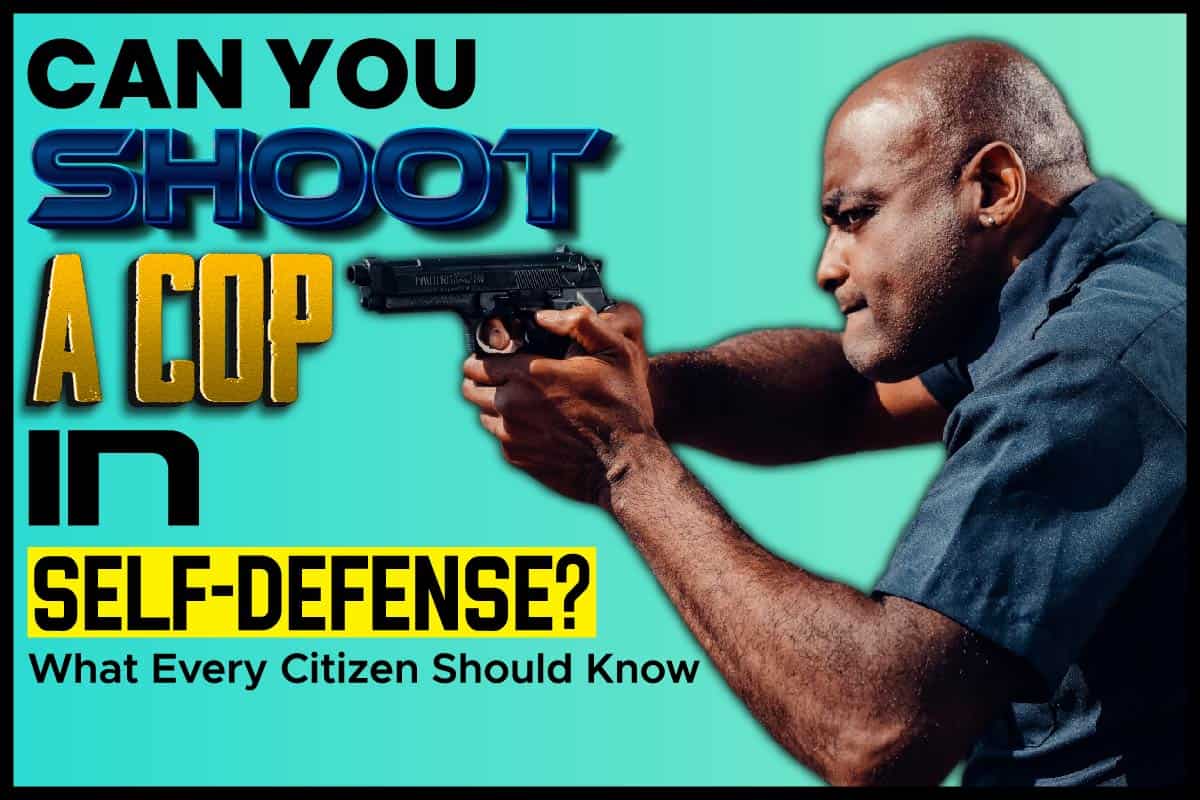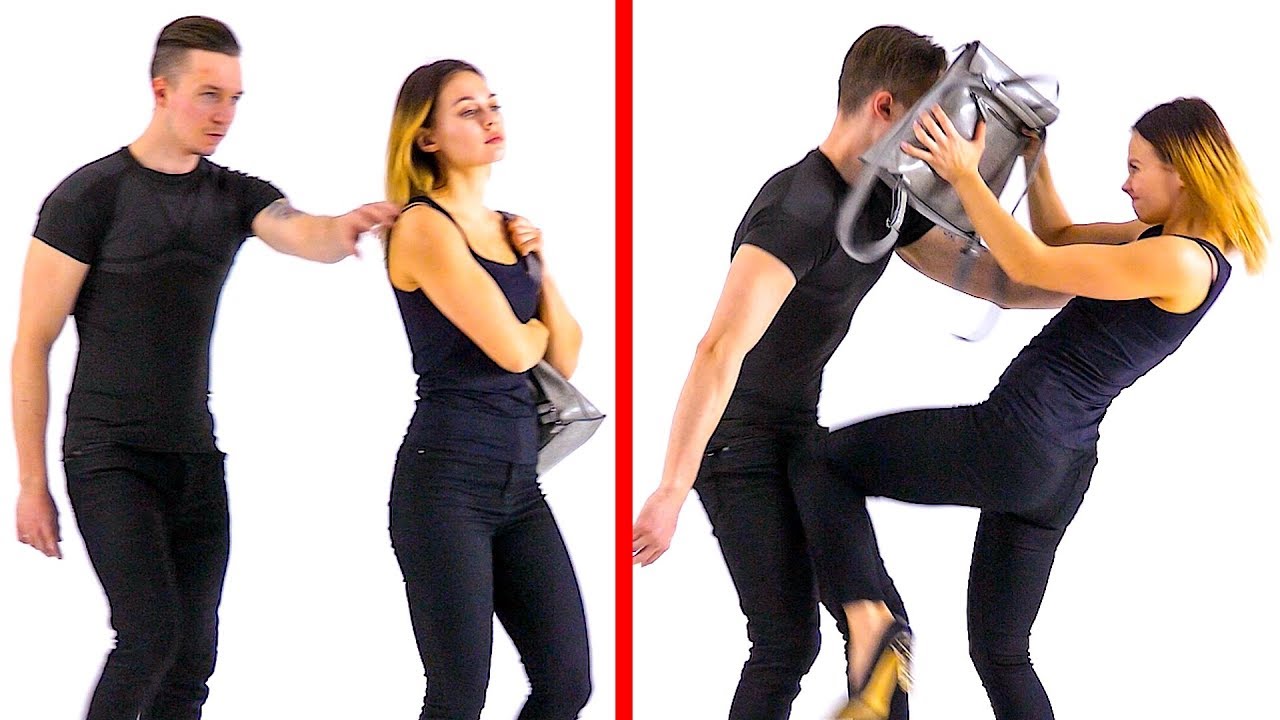:Immediate Aftermath:

Physiological and Emotional Response: After discharging a firearm in self-defense, it’s natural to experience a range of physiological and emotional reactions, including shock, elevated heart rate, and heightened awareness. These responses are part of the body’s natural fight-or-flight mechanism.

Scene Security: Ensure the immediate area is safe. If the threat has been neutralized, call emergency services immediately and stay with the victim until help arrives. If the threat is still active, consider moving to a more secure location, if possible, and take steps to prevent further harm.

Contact Authorities: Once the scene is secure, call the police immediately. Cooperate fully with law enforcement, provide them with an accurate account of what transpired, and answer any questions they may have. You may also need to provide a written statement.
Medical Attention: If you or the person you shot was injured, seek immediate medical attention. Even if injuries appear minor, it’s important to be examined by a medical professional to rule out any hidden injuries or complications.
.Legal Process:
Investigation: Law enforcement will conduct a thorough investigation into the incident, including collecting evidence, interviewing witnesses, and consulting with experts. This process may take several days or even weeks.
Legal Representation: Consider seeking legal representation as soon as possible. An attorney can provide guidance, represent you in court, and help protect your rights throughout the legal process.
Self-Defense Hearing: In some jurisdictions, there may be a self-defense hearing before a judge or jury to determine whether your use of force was justified. This hearing is separate from any criminal charges you may face and is an opportunity to present evidence and arguments supporting your claim of self-defense.
Criminal Charges: Depending on the circumstances, you may face criminal charges related to the shooting. Charges could range from manslaughter to murder, and the severity of the charges will depend on factors like the perceived threat, the nature of the force used, and whether the shooting was deemed justified.
Trial: If criminal charges are filed, you will have the right to a trial by jury. During the trial, the prosecution will present evidence against you, and your defense attorney will present evidence and arguments in your favor. The jury will ultimately decide whether you are guilty or not guilty of the charges.
.Additional Considerations:
Witness Statements: If there were witnesses to the incident, their statements will be crucial in determining the validity of your self-defense claim. Encourage witnesses to provide accurate and detailed accounts of what they saw and heard.
Physical Evidence: Physical evidence, such as the weapon used, forensic evidence, and photographs of the scene, can play a significant role in supporting your claim of self-defense. Make sure this evidence is preserved and documented properly.
Emotional and Psychological Support: Dealing with the aftermath of a self-defense shooting can be emotionally and psychologically challenging. Consider seeking support from friends, family, or a mental health professional to help you cope with stress, anxiety, or trauma.






